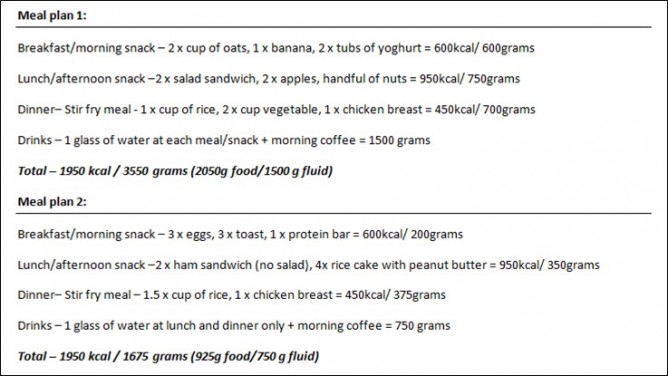Written by Reid Reale BHlthSc(Hons), MDiet – Sports Dietitian and BJJ black belt combatsportsnutrition.com. Reid works with many of the best judo, boxing, taekwondo and wrestling athletes in Australia, including commonwealth games and Olympic athletes. Reid Reale has released a great new book Combat Sports Nutrition, which covers what every grappler needs to know about sports nutrition, from how proteins carbs and fats affect your body to cutting weight properly.
Following up from the my recent article/interview published in the 2015 March issue of Blitz magazine I’ve been thinking about people’s perception of weight loss and where and how weight ‘leaves’ our body. Daily I speak with fighters who are confused about this. Most fighters know that you need to eat fewer calories to lose fat, and in order to cut weight on the scales you can simply jump in the sauna and sweat. However I believe athletes who compete in weight sports should have a greater level of understanding than this.
You see when we lose fat mass it is the chemical conversion of one type of molecule into another, or more specifically one type of molecule (fatty acids) into two others (water and carbon dioxide) – check out the links at the end of this blog for further information. This process of weight loss occurs at a somewhat slow rate compared to fluid losses and the loss of gut contents. Think about it; during an average fat loss period where a fighter is dieting, they may lose half to one kilogram per week (this is a good target by the way as any more than this and you are probably losing muscle mass) which equals roughly 70-140 grams per day. Now, if you go the toilet you may lose anywhere up to one litre/one kilogram in a matter of seconds depending on how full your bladder and colon is. The ‘problem’ with this kind of weight loss is that once you put food or drink in your mouth again the ‘weight’ comes back on. On the other hand with fat loss, once the weight has left the body it’s gone (until after your next fight and you go back to eating pizza and desserts for a few weeks).
Therefore if you need to lose weight quickly, or to achieve the lowest possible body weight in the short term, you need to focus on gut contents and fluid balance. This can be done by consuming foods which physically weigh less and are lower in fibre (as fibre will retain water in your gut and take time to pass through) and by consuming less fluids. Caution is advised when manipulating fluid balance as if you don’t have time to rehydrate then performance will be affected. However for fighters with a day before weigh in, a relatively large amount of weight can be lost through dehydration and replaced without affecting performance.
To further illustrate my point, check out these two different daily meal plans:

Both meal plans contain the same amount of energy, so will affect body fat losses the same, however the second is less than half the weight of the first with next to no fibre, and will therefor leave a lot less residue hanging around in your colon ‘weighing you down’. Therefor if you have a weigh in on Friday morning, eating along the lines of the second meal plan Thursday, Wednesday and possibly Tuesday (or just Tuesday night), will help reduce bowel contents and your body weight, leaving you less to sweat off before jumping on the scales. You wouldn’t want to eat this way everyday as you would end up constipated from the lack of fibre and you would be missing out needed vitamins and minerals from the lack of fruits and vegetables. Furthermore the increased fibre and food volume/weight in the first meal plan will help you feel fuller for longer and prevent you from overeating or reaching for junk food, making it easier to reduce body fat.
Take home message:
To lose weight long term (reduce body fat) – Eat bucket loads of vegetables and stay hydrated
To lose weight quickly (cut weight short term) – Eat low weight, low fibre foods and reduce fluid intake (see the Combat Sports Nutrition weight cutting fact sheet)
Check out this article in the British Medical Journal regarding the chemistry behind fat loss:
http://www.bmj.com/content/349/bmj.g7257.full.pdf+html
Also an interesting TEDx talk on the same topic:



















